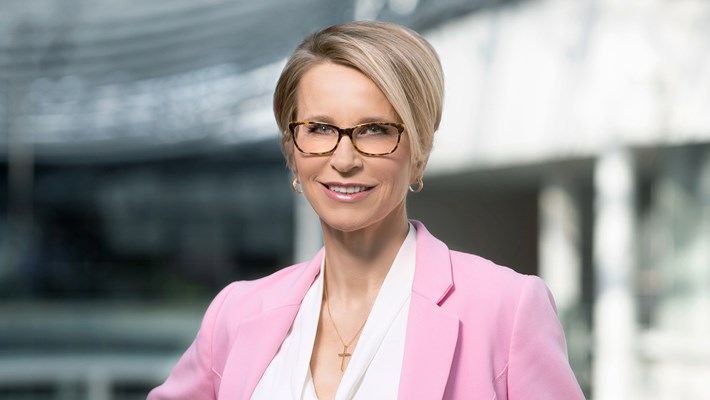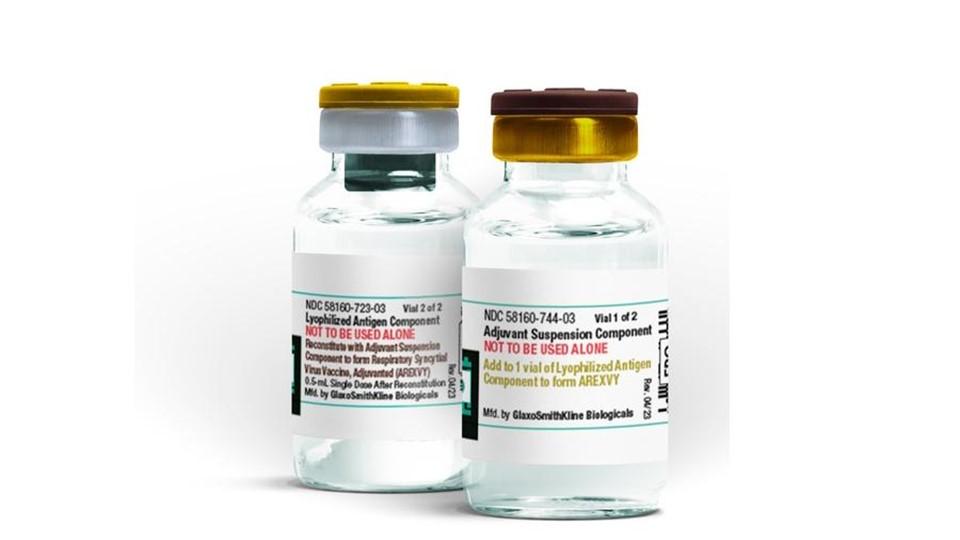GSK grabs early lead in RSV vaccine race with Pfizer

It is still very early days, but GSK’s respiratory syncytial virus (RSV) Arexvy seems to have flown out of the traps more quickly than Pfizer’s rival shot Abrysvo in the first weeks since they reached the market.
GSK chief executive Emma Walmsley (pictured above), who described the launch of Arexvy as “outstanding”, is already talking about the vaccine’s potential to become a blockbuster product in its first year.
GSK is now predicting full-year 2023 sales of £900 million to £1 billion ($1 to $1.2 billion), after recording £709 million in turnover for the third quarter.
The company said the expectation is that Arexvy sales will “track in line” with high-dose flu vaccines, which are a cornerstone of its vaccines business.
Abrysvo’s launch was also very respectable, with Pfizer reporting third-quarter revenues of $375 million for the vaccine earlier this week. For now, however, GSK’s jab – which was the first to launch in the US – seems to be winning the tussle in the market for jabs used to protect older adults.
Pfizer’s product has the advantage of approval for use in pregnant women to protect their babies from RSV disease, an indication that GSK abandoned for Arexvy due to safety concerns. That likely came too late in the day to have a big impact on its third-quarter sales, though, as it wasn’t cleared for that use by the Centres for Disease Control and Prevention (CDC) until late September.
Pfizer CEO Albert Bourla said earlier this week that dual indication could be important “as many customers have indicated to us that protecting both populations with one vaccine is desirable and a competitive advantage for Abrysvo.”
Third-quarter sales were always expected to be high given the need to stock supplies ahead of the coming RSV season, which starts in the autumn, but the performance of both products suggests that a sizeable and sustainable market for vaccines used in older adults is feasible, backing up predictions that the market eventually could be worth up to $10 billion a year worldwide.
In the US alone, there are approximately 80 million adults over age 60 who are eligible for RSV vaccination, along with around 1.5 million pregnant women who could be candidates for maternal immunisation.
GSK is also trying to tip the balance in its favour by extending the label for Arexvy into a younger age group of 50 to 59-year-olds with underlying health conditions that could make them vulnerable to RSV disease and is preparing to file for approval of that indication in the US.
The two leaders may not have the market to themselves for very long, however, as competing candidates from Moderna and Bavarian Nordic are in late-stage development.












